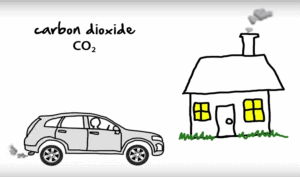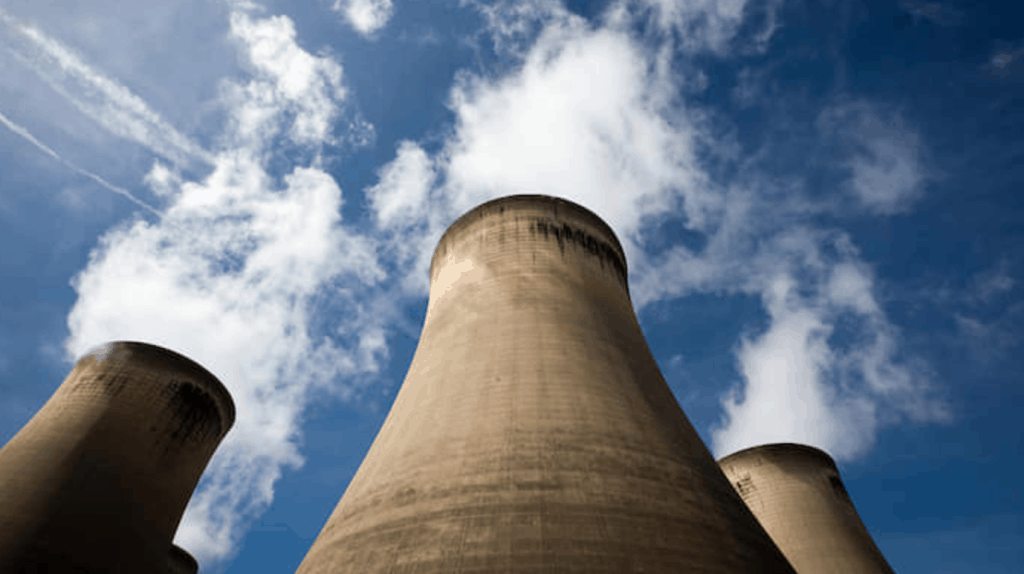 According to the National Grid:
According to the National Grid:
“Britain is generating more electricity from the sun, wind and other clean sources than from dirty coal and gas for the first time since the industrial revolution”
From January to May this year, just under 48% of the UK’s electricity has come from renewable energy that do not produce any carbon emissions. Fossil fuels generated around 46% of UK’s electricity supply over the same period.
Renewable energy beating fossil fuel is a huge milestone for the UK, and their quest to become carbon neutral is slowly becoming a reality. However, there is no room for complacency. We still need to triple the amount of energy the UK produces from renewable sources over the next 10 years.
Gas Still Leads:
Currently gas is the largest contributor to the UK’s electricity grid, accounting for 41%. A small change from 45% 10 years ago. Coal however, has reduced from 30% to just 3% this year.
Biomass:
Around 5% of the UK’s electricity now comes from burning wood and other forms of biomass. Although it’s not technically clean it does have a lot fewer emissions than fossil fuels.
We are starting to see records being broken for the amount of time the UK has gone without coal. Only recently we went for 2 weeks without coal. This is the longest power stations have gone without coal since the industrial revolution.
 Energy in the UK – A Brief History:
Energy in the UK – A Brief History:
1878 – Hydro-electric power is first used in the UK
1882 – The world’s first power station opens in London, used for street lighting
1956 – Coal use reaches its peak. UK passes the Clean Air Act to reduce pollution
1956 – UK’s first nuclear power plant opens
1991 – UK’s first wind farm opens
2008 – The Climate Change Act aims to reduce UK’s carbon emissions by 80% by 2050
Feb 2019 – Wind energy produces 36% of the UK’s power needs – a new record broken
May 2019 – Solar produces around 25% of UK’s electricity consumption
May 2019 – For 2 weeks, no electricity was produced using coal
It’s great that we have reduced the reliance on fossil fuels, and that we have moved towards greener ways to produce electricity. To further help the UK towards a cleaner, greener environment – it is essential that we become more aware of our energy usage.
We can reduce our electricity usage by following these simple steps:
1. Unplug your appliances when they are not in use
2. Buy higher energy rated appliances
3. Insulate your roof and walls
4. Use energy saving light bulbs
5. Turn off unnecessary lights
6. Turn your thermostat down
7. Run full washing machine loads
8. Hang dry your laundry
9. Use your microwave more. 15 mins in the microwave uses less energy than 60 mins in oven
10. Take shorter showers, reduce the time that electric shower is working








